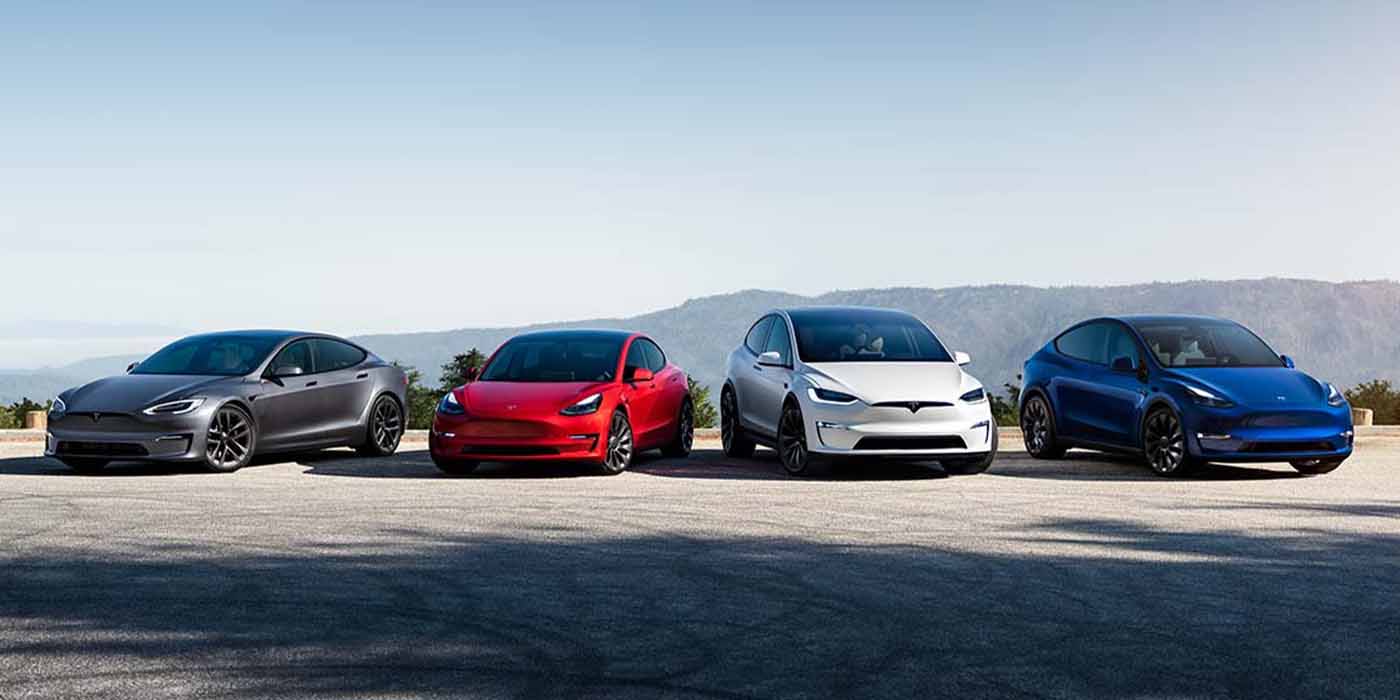
This is what the US car insurance industry really thinks about EVs, how it affects your premium, and how to choose an insurance company for your EV that really will have your back if you need help.
Can insurance companies embrace change?
A recent white paper by the University of Illinois Urbana-Champaign and Argo Group, an underwriter of specialty insurance products, asserted that EV and energy storage battery factories offer a great opportunity for insurers. That’s because battery-making facilities “tend to be well-funded, low-risk enterprises with plenty of loss data to analyze.”
The white paper’s recommendations for insurers are also applicable in the EV insurance sector. It suggested that insurance companies refine their ranking systems used to determine favorability; ask for and engage with feedback from customers on what insurance products they need the most; and continue to model and compile new loss data across emerging industries.
And because EVs are rapidly being adopted in the US market, insurers need to also rapidly adopt change. Alex Hindson, the group chief risk & sustainability officer at Argo Group, said to Electrek:
Insurance is an industry that has a problem with innovation. It’s all based on data and appetite for risk. So if insurance companies don’t understand something, they’re cautious.”
Gas cars vs. EVs
Electrek also spoke with a former claims director of a top five insurance company who asked to not be identified, so we’ll call him John Smith. He explained the current state of the US car insurance industry for context:
The US car insurance industry is hurting right now – losing a lot of money – because of COVID, because that’s when car production stopped. It’s difficult to obtain parts for vehicles due to supply chain issues. There’s also a chip shortage for new cars. So what that’s doing is raising the used car market prices by about 40%.
If you have an accident in a used car, it costs the insurance company 30-40% more to repair it due to the cost of parts and labor.
Insurance companies are trying to raise their rates to be profitable, and they’re throwing electric vehicles into this because they’re currently taking a bath. They actually don’t want to write new policies because they’re losing money.
And Hindson explained why some car insurance companies don’t offer competitive premiums for EVs:
If an insurance company offers high premium for electric vehicles, it’s for one of two reasons: They either don’t know what they’re doing and price high for uncertainty, or they do know what they’re doing and don’t want to do it.”
In other words, car insurance companies exercise caution if they don’t understand something.
Gas cars often have lower insurance rates, and it’s not because they’re safer. It’s because there’s an enormous amount of data on gas cars that insurance companies can tap into. They’re a known quantity.
But some insurers have decided they want to pursue the emerging EV market, so they’re gathering their own data. So if their prices are more competitive, it may be because they’re building more of the market share.
Neither Hindson nor Smith cited EV fires as a risk factor for insurance companies. Hindson also noted that if an EV gets into an accident, it’s more likely to be declared totaled due to the weight and expense of the battery.
How to get the best car insurance policy for EVs
Some insurance companies are trying to partner with EV companies, and specifically with Tesla, because EV makers have the background knowledge and data they seek.
Teslas need to be repaired by certified Tesla locations, so it takes a lot longer to do the repairs because they’re backed up. When it comes to non-Tesla EVs, many dealers require you to come to their facilities.
The average length of a car rental when your car is being repaired, Smith explained, is between 12-15 days. For Tesla drivers, it averages about 20-25 days. So it costs the insurance company about $36 per day on average for a rental car.
So the cost of premiums has more to do with repair bottleneck and the limited number of facilities to do the repairs than the car’s safety rating.
Smith shared the best way for EV owners to get a reasonable premium and good coverage:
Shop around, because so many insurance companies have a better EV book than others. Progressive and Allstate, for example, are good at using technology to understand data – they put something in your car to better understand your driving habits, and that brings down the premium. [Editor’s note: Smith did not work for Progressive or Allstate.]
Choose a company who wants to embrace and better understand electric vehicles.
When you’re shopping around, ask the insurance company, “Are you partnered with electric vehicle repair facilities?” If they’re not, move on to the next company. In the long haul, it will so much easier to repair if you have an accident.
Hindson also echoed this sentiment, advising that drivers seek insurance companies that use telematics, because car insurance companies love data. And data will eventually help them catch up.
Hindson said:
[The insurance industry] can’t do well by excluding things. We can’t win by playing defense. The problem will solve itself with time.”
Smith echoed this sentiment:
Driving an EV has so many positives. The world just needs to catch up.”
Photo: Tesla
UnderstandSolar is a free service that links you to top-rated solar installers in your region for personalized solar estimates. Tesla now offers price matching, so it’s important to shop for the best quotes. Click here to learn more and get your quotes. — *ad.
FTC: We use income earning auto affiliate links. More.




Comments